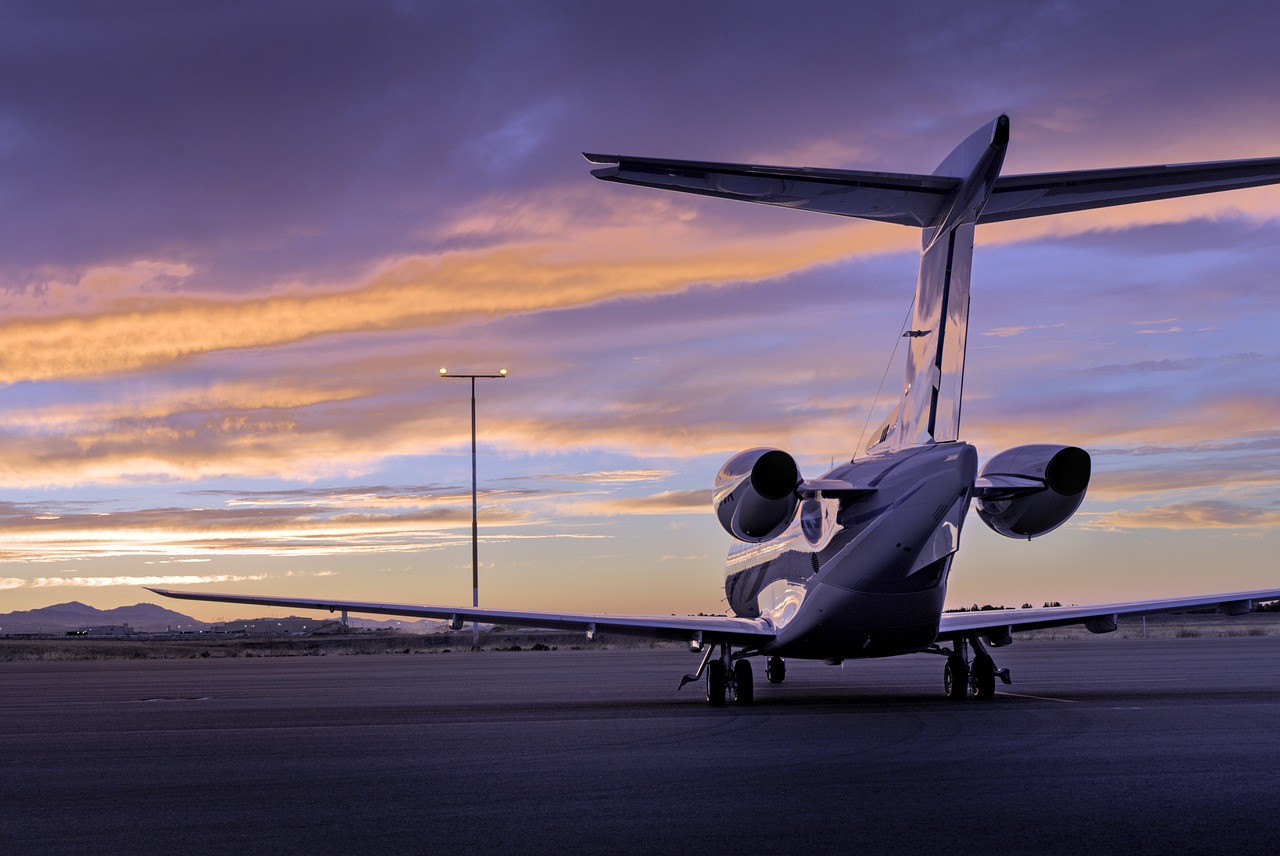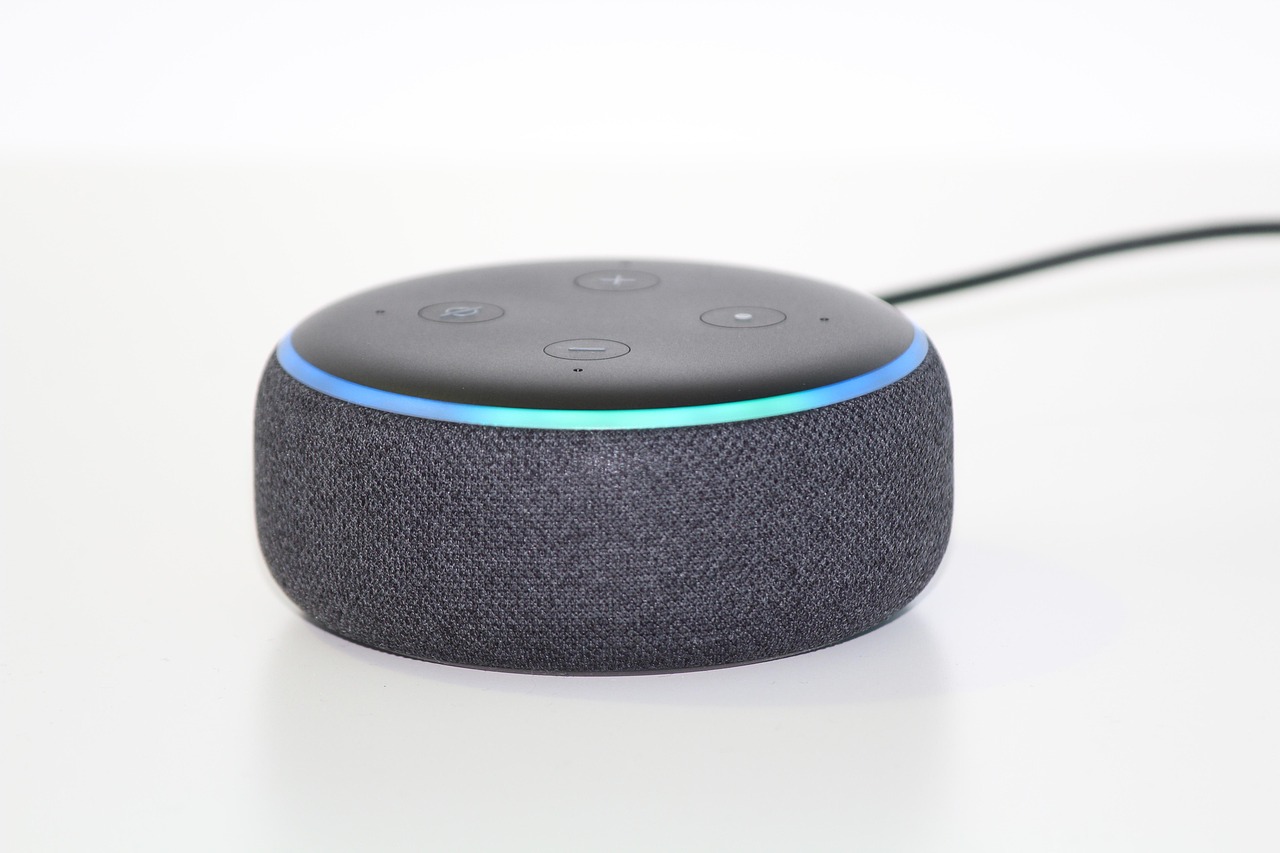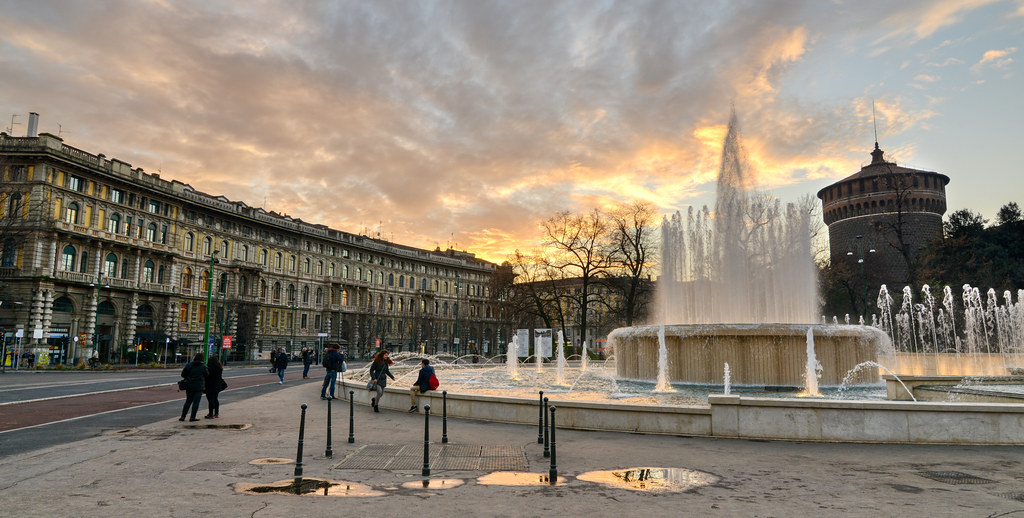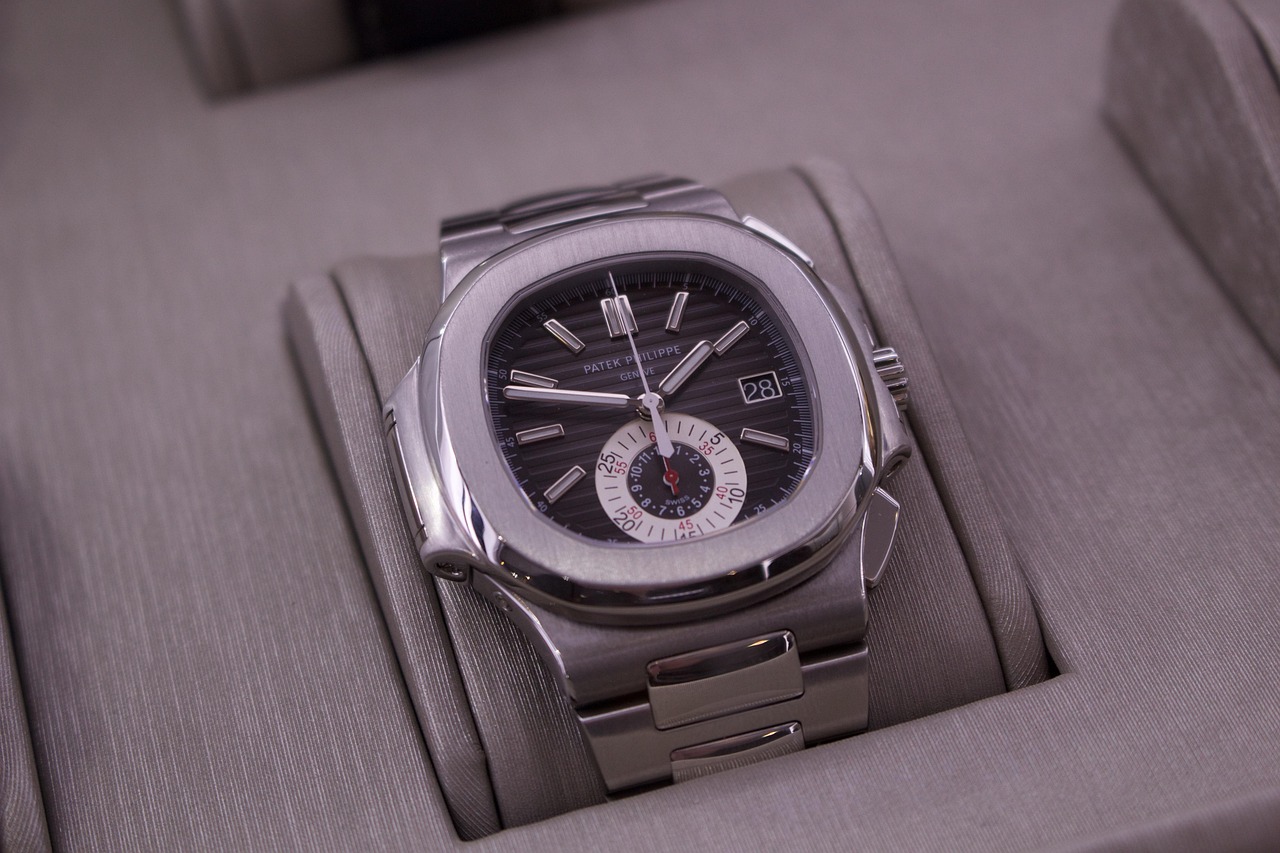Sustainable Luxury Fashion Takes Center Stage
European luxury fashion houses are leading a revolutionary shift toward sustainable practices, with brands like Gucci and Stella McCartney pioneering eco-friendly materials and production methods. According to Bain & Company’s 2024 luxury goods report, 73% of European luxury consumers now consider sustainability when making high-end purchases. The trend has seen Italian fashion houses invest over €2.3 billion in sustainable technologies since 2023, including innovative leather alternatives made from mushroom mycelium and recycled ocean plastic. French luxury conglomerate LVMH reported a 40% increase in sustainable product lines across their portfolio in 2024. These brands aren’t just greenwashing – they’re completely reimagining luxury manufacturing to meet growing consumer demand for ethical consumption.
Private Jet Customization Reaches New Heights

The European private aviation market exploded in 2024, with bespoke jet interiors becoming the ultimate status symbol among ultra-high-net-worth individuals. Companies like London-based Winch Design and Monaco’s Edése Doret have reported 85% increases in custom aircraft interior projects since 2023. European clients are now spending an average of €8-15 million just on interior customization, featuring everything from onboard spas to private dining rooms designed by Michelin-starred chefs. The trend includes commissioning famous artists to create unique cabin artworks, with one German billionaire reportedly spending €3.2 million on a single sculpture for his Gulfstream G650. Switzerland’s Alpine Aviation has seen demand for “flying hotels” surge by 120% in the past year alone.
Ultra-Luxury Wellness Retreats Dominate
European wellness tourism has transformed into an exclusive industry worth over €15 billion annually, with luxury retreats offering personalized health experiences that cost upwards of €50,000 per week. Switzerland’s Clinique La Prairie and Austria’s VIVAMAYR have pioneered medical-grade wellness programs that combine cutting-edge diagnostics with traditional European spa treatments. The trend includes cryotherapy chambers, personalized nutrition programs based on genetic testing, and exclusive access to experimental anti-aging treatments. Portugal’s Longevity Wellness Worldwide reported a 200% increase in bookings from wealthy Europeans seeking transformative health experiences in 2024. These retreats aren’t just about relaxation anymore – they’re about complete biological optimization and longevity enhancement.
Artisanal Food Experiences Command Premium Prices
Europe’s luxury food scene has shifted from expensive restaurants to exclusive artisanal experiences, with wealthy consumers paying extraordinary amounts for unique culinary adventures. Italian truffle hunting expeditions now cost up to €15,000 per person for a weekend experience, while private cheese aging caves in France offer exclusive tastings for €8,000 per session. The trend includes hiring renowned chefs for private cooking lessons in their home kitchens, with molecular gastronomy pioneer Ferran Adrià charging €25,000 for a single evening’s instruction. Michelin-starred restaurants across Europe have introduced “chef’s table for two” experiences costing over €2,000 per person, featuring ingredients sourced from the chef’s personal network of artisans. Spanish caviar farms have seen demand increase by 300% among luxury consumers seeking exclusive tasting experiences directly at the source.
Bespoke Luxury Automobiles Redefine Exclusivity
European luxury car manufacturers are pushing customization to unprecedented levels, with brands like Rolls-Royce and Bentley reporting that 95% of their 2024 sales were completely bespoke vehicles. The average customization cost now exceeds €200,000 per vehicle, with clients requesting everything from hand-painted murals to interiors made from rare materials like meteorite fragments. Rolls-Royce’s Bespoke division revealed that one client spent €1.2 million customizing a single Phantom, including a champagne cooler made from a 2,000-year-old oak tree. Ferrari’s Tailor Made program has a waiting list of over 18 months, with clients willing to pay premiums of 40-60% above base prices for unique designs. German luxury brands like Maybach have introduced “Manufaktur” programs where clients can spend months working directly with designers to create one-of-a-kind vehicles.
Private Museum Collections and Art Curation
Wealthy Europeans are increasingly creating private museums and hiring world-class curators to manage their personal art collections, transforming luxury collecting into sophisticated cultural enterprises. The European private museum sector has grown by 150% since 2023, with collectors spending an average of €3-8 million annually on acquisitions and curation services. Swiss collectors have led this trend, with Geneva becoming a hub for private cultural institutions that rival public museums in quality and scope. London’s art advisory services report that 60% of their ultra-wealthy clients now maintain collections worth over €50 million, complete with professional conservation facilities and rotating exhibitions. The trend includes commissioning living artists for exclusive works, with some collectors paying seven-figure sums for pieces that will never be publicly displayed.
Luxury Technology Integration in Daily Life

European luxury consumers are embracing cutting-edge technology integration that transforms their homes and lifestyles into seamlessly connected experiences costing hundreds of thousands of euros. Smart home systems from companies like Control4 and Crestron now feature AI-powered personal assistants that learn individual preferences and automatically adjust everything from lighting to wine cellar temperatures. The average luxury home automation installation in Europe costs between €150,000-500,000, with some projects exceeding €2 million for complete integration. German engineering firms have developed holographic communication systems for luxury homes, allowing face-to-face meetings with people anywhere in the world through advanced projection technology. British luxury property developers report that 80% of new ultra-high-end developments include integrated technology suites as standard features, reflecting the essential nature of these systems for modern luxury living.
Personalized Luxury Education and Skill Development

Ultra-wealthy Europeans are investing heavily in exclusive educational experiences, hiring world-renowned experts for private instruction in everything from classical music to advanced sailing techniques. The luxury education market has grown by 220% since 2023, with families spending €100,000-500,000 annually on personalized learning experiences for themselves and their children. Private language schools in Switzerland now offer immersive programs where students live with carefully selected families while receiving instruction from former diplomats and cultural experts. Art instruction has become particularly popular, with master painters and sculptors charging €50,000-100,000 for intensive private workshops lasting several weeks. French culinary schools have introduced exclusive programs where students work alongside Michelin-starred chefs in their actual restaurants, with tuition costs reaching €200,000 for comprehensive programs.
Exclusive Access to Cultural Events and Performances
European cultural institutions are creating ultra-exclusive experiences for wealthy patrons, offering private performances and behind-the-scenes access that money typically cannot buy. Vienna’s State Opera has introduced private box subscriptions costing €500,000 annually, including exclusive access to dress rehearsals and private dinners with performers. The Louvre in Paris now offers after-hours private tours for groups of up to six people, priced at €25,000 per session and including access to normally restricted areas and storage facilities. Milan’s La Scala has created a patron program where members pay €1 million for lifetime access to exclusive events, including private concerts in the theater’s historic rehearsal rooms. London’s Royal Opera House has developed bespoke cultural experiences where patrons can commission new works or fund specific productions while maintaining creative input throughout the process.
Luxury Space Tourism and Extreme Experiences
European companies are pioneering luxury space tourism and extreme adventure experiences that push the boundaries of what money can buy, with prices reaching astronomical levels. Virgin Galactic’s European operations have seen bookings increase by 400% in 2024, with suborbital flights costing €450,000 per person and featuring luxury accommodations before and after the space experience. French company Zephalto has developed stratospheric balloon flights that take passengers to the edge of space for €120,000 per person, complete with Michelin-starred dining at 25 kilometers altitude. Extreme adventure companies based in Norway and Iceland are offering private expeditions to previously inaccessible locations, with helicopter-supported glacier climbing experiences costing up to €75,000 per person. The trend includes booking entire research vessels for private Arctic expeditions, with some wealthy families spending over €2 million for month-long explorations of remote polar regions.
Bespoke Luxury Timepieces and Jewelry

Swiss watchmaking has entered a new era of extreme personalization, with luxury timepiece manufacturers creating completely unique pieces that can take years to complete and cost millions of euros. Patek Philippe’s bespoke division now has a waiting list extending beyond 2030, with custom pieces starting at €500,000 and reaching well into the millions for complex complications. The trend includes incorporating personal elements like meteorite fragments, wood from family estates, or even DNA-inspired designs that reflect the owner’s genetic makeup. European jewelry houses like Cartier and Van Cleef & Arpels have reported that 70% of their highest-value sales in 2024 were completely bespoke pieces designed in collaboration with clients over months or years. Some collectors are commissioning entire suites of jewelry and watches that tell personal stories, with projects costing €5-15 million and involving teams of master craftsmen working exclusively on single commissions.
What luxury trend surprised you the most – the private villages or the DNA-inspired jewelry?

A master of contemporary design, Bobby Burke brings a fresh perspective to home styling. His book Effortless Interiors offers readers a roadmap to achieving sleek, functional, and beautiful spaces with ease.
